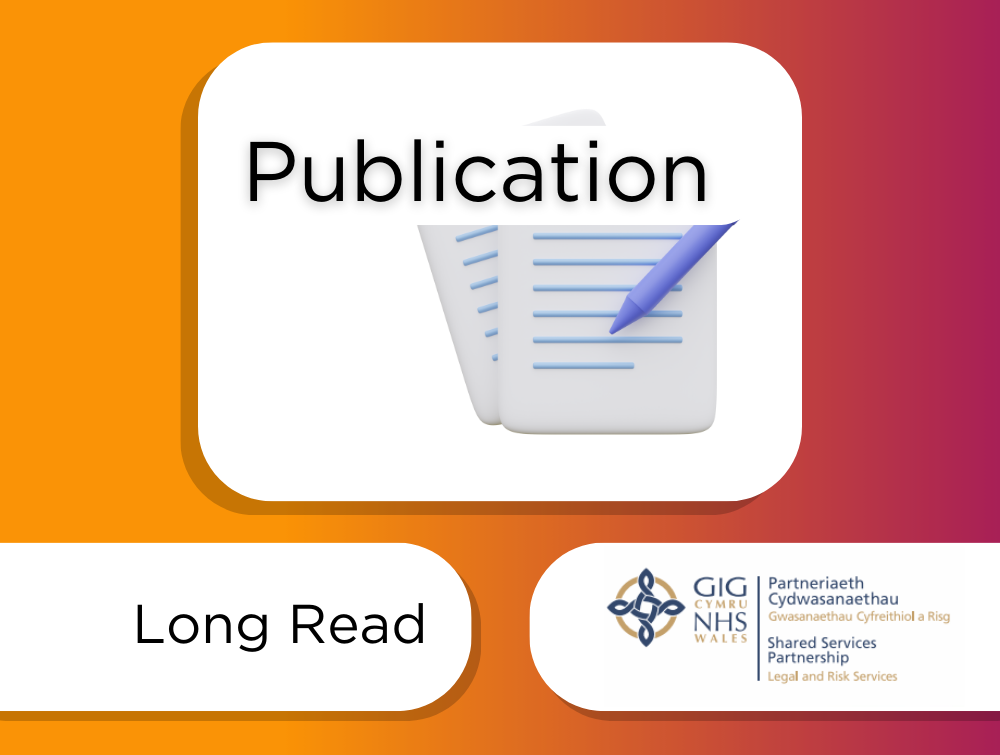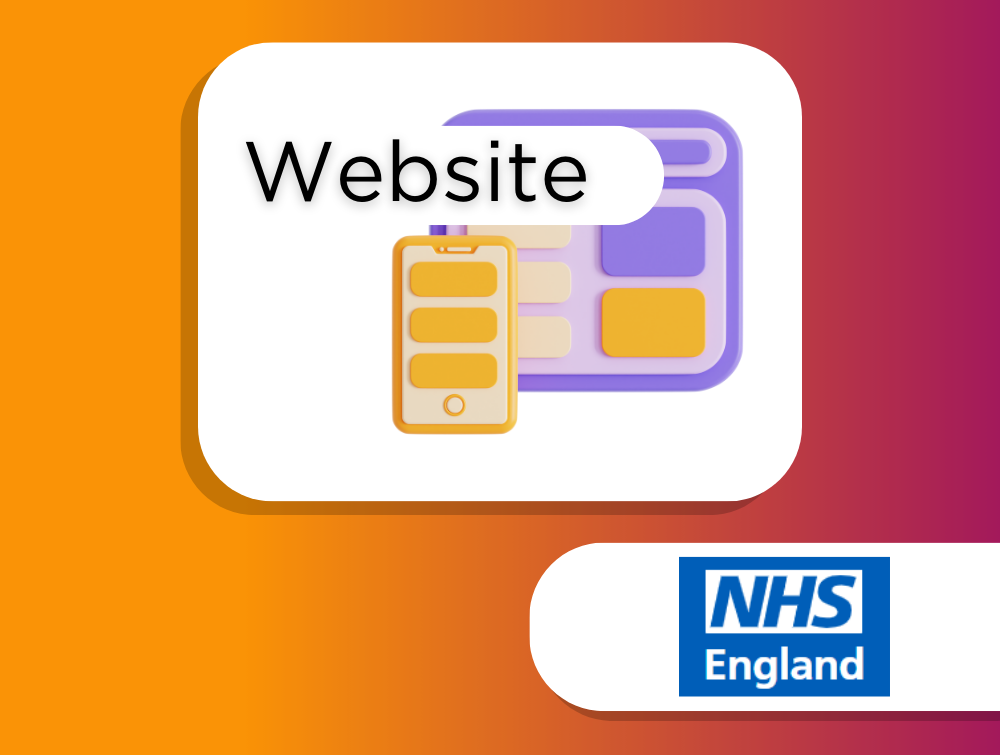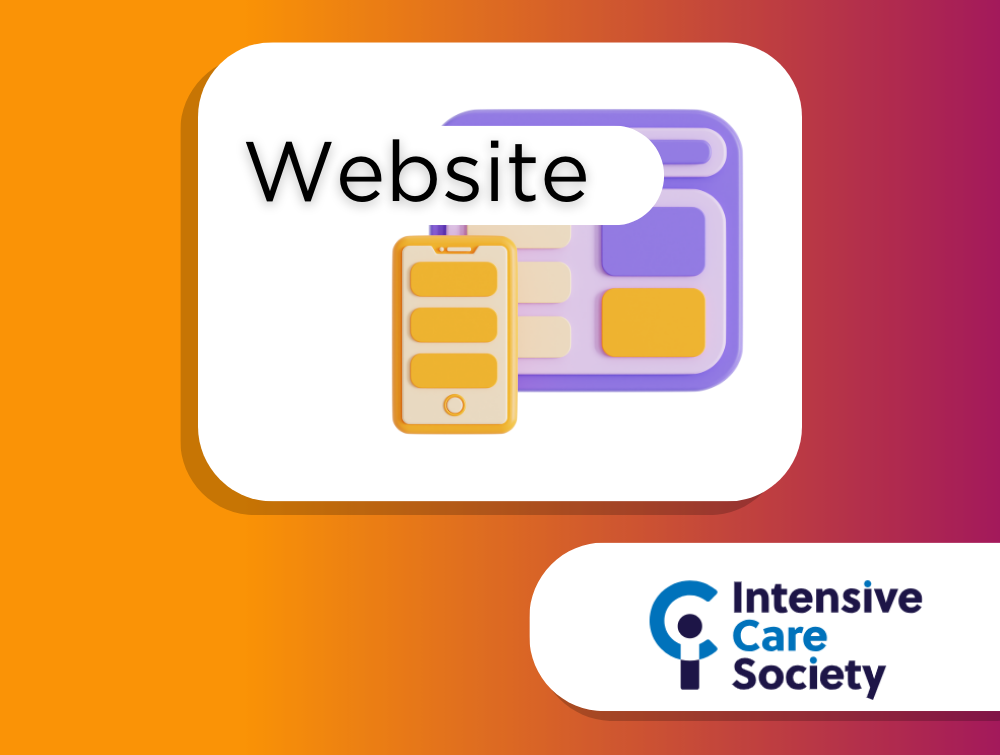It’s been evidenced that the following key factors impact on staff health and wellbeing, creating the optimal working experience to develop effective working relationships for staff.
Definition
Teamwork in health is defined as two or more people who interact interdependently with a common purpose, working toward measurable goals that benefit from leadership that maintains stability while encouraging honest discussion and problem-solving.
Importance of Team Working
Teamwork is fundamental to the effective delivery of healthcare and is associated with higher quality of care, better staff wellbeing, higher levels of patient satisfaction, and lower levels of avoidable patient mortality.
How to Improve Teamwork
Here are some suggestions on how to improve teamwork:
- Review teamworking to ensure that all staff are working in inclusive, stable, effectively functioning, and ideally, multidisciplinary teams freed from unnecessary hierarchical or inter-professional constraints. The review would include - absence of trust, fear of conflict, lack of commitment, avoidance of accountability, inattention to results.
- Establish key performance indicators for effective team working should include frequency and regularity of meetings, attendance at meetings and team objective setting. Team members should be consulted on how their team is established and maintained, and how their work is organised and delivered.
- All teams should have an openly stated shared purpose and clear objectives, one of which is team member wellbeing. Team members should be clear about their roles and responsibilities, and quality should be a core function.
- All teams should meet regularly (preferably at least monthly) to review and reflect on their performance, including inter-team/cross-boundary working, and to develop ideas for improved ways of working to ensure high-quality care and staff health and wellbeing.
- Teamworking and team leadership skills should be a fundamental part of all Personal Appraisal and Development Review (PADR) and revalidation processes. Ensure that this is a meaningful conversation where clear objectives are set, including wellbeing.
- There should be a space to discuss challenges, difficulties, and frustrations within a supportive environment.
- Team rather than individual objectives should be developed where appropriate, with team appraisals and regular reviews.
- Enable teams to have time out to reflect and discuss their experiences and to have time for learning, especially following traumatic events.
- Teams should be encouraged to have speaking up safely systems
 in their team meetings.
in their team meetings. - Professional development should be supported with peer coaching and mentoring with opportunities for appreciation and recognition.
- Appreciative feedback and meaningful recognition should be highlighted, including non-financial rewards.
- Feedback from staff should be utilised to determine what meaningful recognition means to staff to ascertain how feeling valued is realised.
- Team education and training and team leadership opportunities should be embedded within every health and care course curriculum and within continuing education programmes.
Healthcare providers must promote a workplace in which discrimination of any form is not tolerated by ensuring prompt identification and addressing of issues.
To ensure inclusion is put front and centre on your team:
- Ensure that the level of voice and influence experienced by minority staff groups is equivalent to that of other staff in their organisations.
- All staff health and wellbeing support must be considered to ensure that it is accessible to all staff. An Equality Impact Assessment must be considered where appropriate.
- Promote understanding and support for the needs of internationally trained staff and students. Develop an annual calendar of events to celebrate diversity and inclusion.
- Nurture and sustain just, fair, and psychologically safe cultures that ensure equity, proactive, and positive approaches to diversity and universal inclusion.
Your local Equality, Diversity and Inclusion Teams will be able to provide you with guidance and support on how to support and embed equality, equity and inclusion within your teams.
Psychological safety is the belief that you won’t be punished or humiliated for expressing ideas, questions, convers, or mistakes.
Create cultures characterised by psychological safety, with a focus on learning rather than blame, thereby increasing knowledge and creative ideas and experience available to decision-makers. Operational processes should be designed to protect staff from violence, threats of violence, harassment, bullying and abuse
Additional Resources
At the heart of any approach to utilising peer support as a strategic social resources is understanding what evidence based approaches are available, and how might they become embedded in to normal practice and organisational culture.
Methodologies
Articles
Following a potentially upsetting, traumatic or simply unusual incident at work, it’s important to provide support through a robust process. This must be systemic, well governed and include signposting to support relevant clinical services Psychological Wellbeing and or Occupational Therapy. You must also choose the best tool for the job, as such understanding the limitations, advantages and risks of each tool is important.
Local support should include creating healthy, safe and health-promoting work practices and workplaces  , preventive psychological support, wellbeing conversations, stress support interventions
, preventive psychological support, wellbeing conversations, stress support interventions  , and wellness action plans
, and wellness action plans  .
.
National staff health and wellbeing support is available:
- HEIW NHS Wales Staff Health and Wellbeing Support pages

- Able Futures

- Canopi

- Our Wellbeing Matters

- Manager Wellbeing Matters

- SilverCloud

- Samaritans

 provides practical guidance and resources as well as signposting to initiatives and support services across a wide range of topics. These include Healthy Working Environments, Healthy Lifestyles at Work and support for Employees with Health Needs
provides practical guidance and resources as well as signposting to initiatives and support services across a wide range of topics. These include Healthy Working Environments, Healthy Lifestyles at Work and support for Employees with Health Needs  .
.The Professional Support Unit (PSU) provides one-to-one, solution-focused coaching and supportive training guidance for doctors, dentists, and pharmacists on a Welsh Training Programme to maximize training opportunities. Professional Support Unit (PSU) - HEIW (nhs.wales)  .
.












